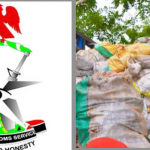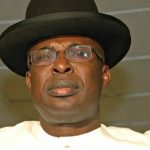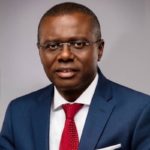A member of the House of Representatives, Alhaji Audu Lauya, has called on ethnic groups across Nigeria to translate the national anthem into their native languages to promote unity and patriotism.
Lauya, who represents Lau/Karim Lamido/Ardo Kola Federal Constituency under the Peoples Democratic Party, made this appeal at the first Sungki Yandang Cultural Carnival held in Mayo-Lope, Lau Local Government Area of Taraba State.
He praised the Yandang people for singing the three stanzas of the national anthem in their local language during the event. He urged other tribes to do the same.
According to him, “Translating the national anthem into different dialects would promote understanding and foster unity among Nigerians.”
Lauya also promised to support young people in his constituency to get jobs at the federal level. He encouraged interested youths to apply for the ongoing Nigerian Army recruitment exercise.
He described the Yandang community as “peace-loving and dependable” and thanked them for their continued support.
Also speaking at the event, Senator Shuaibu Lau from Taraba North promised to help connect the Abbare Mayo-Lope area to the national electricity grid. He said the project would create job opportunities for the youth.
Senator Lau said, “Electricity supply will open up many opportunities and help reduce unemployment among the teeming youths of Yandang.”
He thanked the Yandang people for their support during the 2023 general elections, noting that their votes contributed to peace and development in the area.
Taraba State Governor, Agbu Kefas, also sent a message to the event. Represented by Secretary to the State Government, Timothy Kataps, Kefas promised to rehabilitate and reintegrate Yandang communities displaced by the 2018 farmers/herders crisis.
He praised the Yandang people for organising the cultural festival and announced that his government would include the event in the state’s cultural calendar.
The News Agency of Nigeria reported that the carnival was well attended by Yandang people from different parts of the country, along with traditional rulers from Gombe, Adamawa, and Taraba states.











